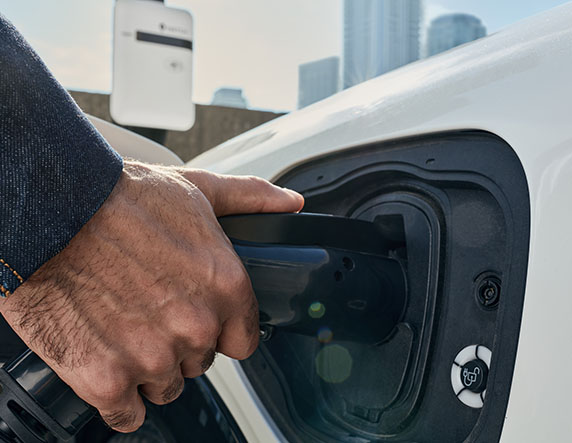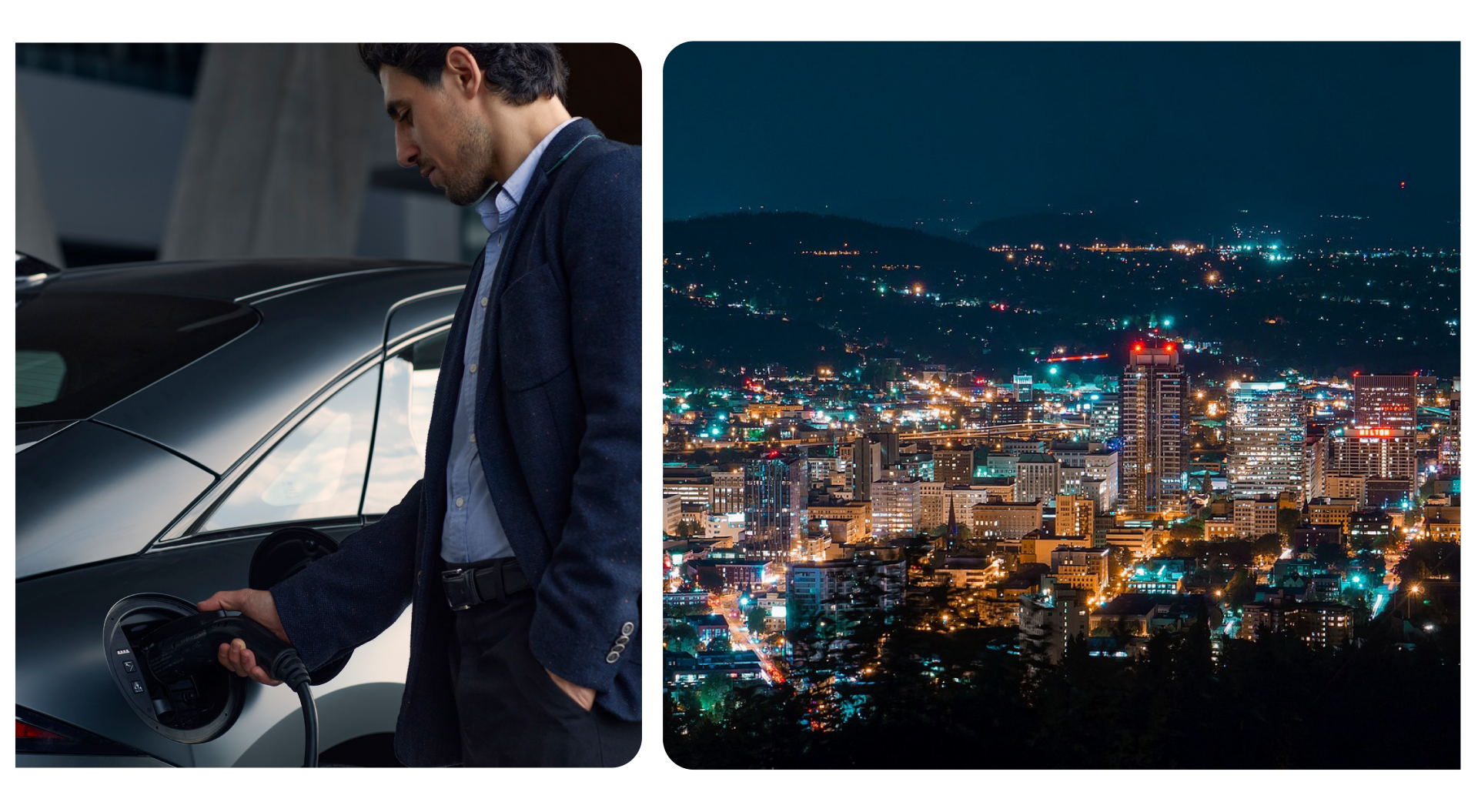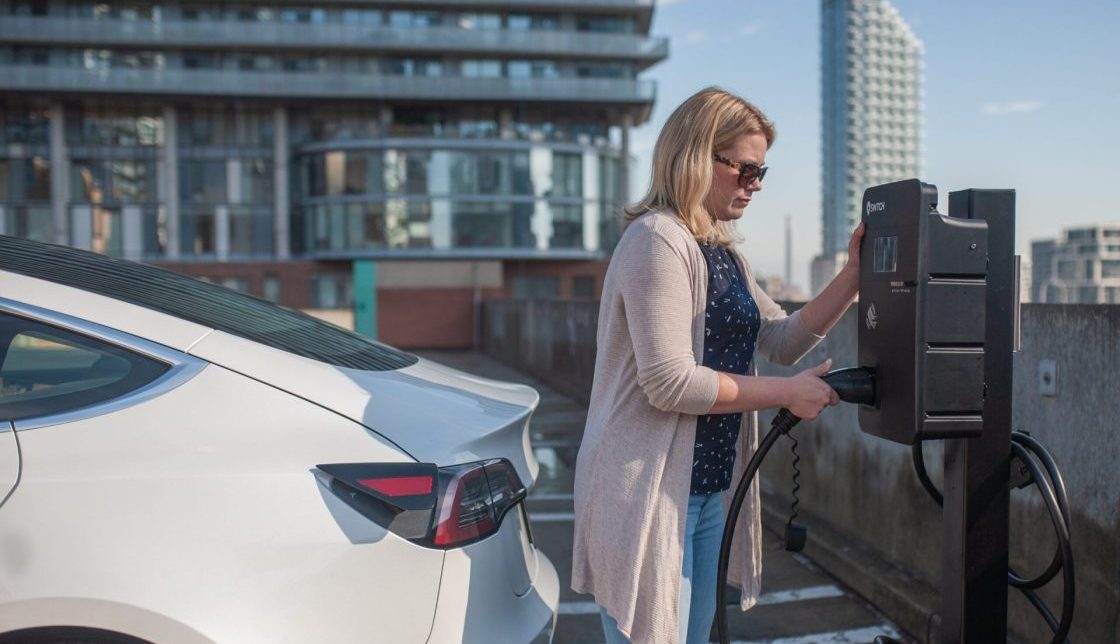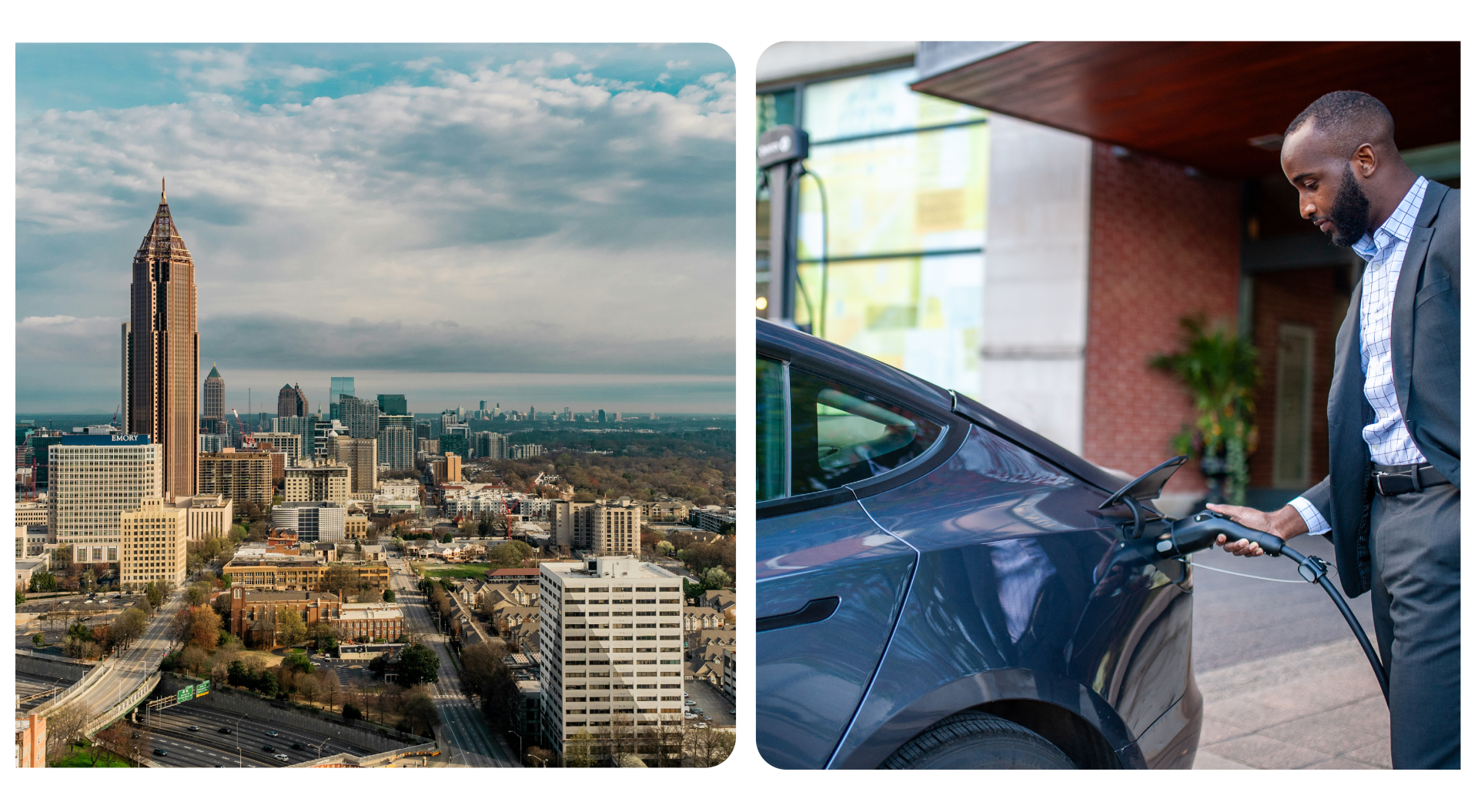How Seattle City Light’s multifamily EV charging program can slash project costs by 50-100% (Updated for 2024)
In the dynamic landscape of sustainable living, Seattle City Light’s Multifamily EV Charging Program isn’t just about powering vehicles; it’s about energizing communities and steering property management toward a sustainable future.
The Seattle City Light Multifamily EV Charging Program offers incentives to multifamily properties looking to install EV chargers, offering 50-100% of project costs (up to $50,000) for the installation of Level 2 charging stations at multifamily buildings and condominiums.
By investing in EV charging infrastructure, property owners and operators can be at the forefront of a green revolution, contributing to a more eco-friendly, forward-thinking Seattle.
Here’s what you need to know about what is covered by this program, eligibility requirements, and more, updated to include the latest program details as of the end of September, 2024.
What’s included in Seattle City Light’s Multifamily EV Charging Program?
The Seattle City Light EV charger rebates offer different levels of funding for different property types and different kinds of installations and hardware.
Rebates for market-rate properties
100% of total project costs, up to $15,000/site
- 120V outlets for assigned or shared parking
- 240V outlets without charging stations; shared parking only
50% of total project costs, up to $25,000/site
- Level 2 charging stations; shared parking only
Rebates for affordable properties
100% of total project costs, up to $15,000/site
- 120V outlets for assigned or shared parking
- 240V outlets without charging stations; shared parking only
100% of total project costs, up to $50,000/site
- Level 2 charging stations; shared parking only
Eligible project costs for Seattle City Light’s EV charging rebates
There are many different elements that go into an EV charging station installation, and many of them are covered by the Seattle City Light rebate program.
Here’s a list of what is and is not eligible.
Some of the eligible costs:
- Load study
- Conduit
- Wire
- Breakers
- Circuitry
- Panels
- Load-management hardware
- Installation labor
Some of the ineligible costs:
- Portable charging cords for outlet chargers
- Replacement parts
- Charger maintenance plans
- Extended warranties
- Charger operation & maintenance service
- Communication infrastructure
- Landscaping
- Striping/painting
- Lighting
- Sales taxes
You can see a complete breakdown of eligible and ineligible costs by requesting a detailed program manual here.
Criteria to qualify as an affordable property
Per Seattle City Light, in order for a property to qualify for designation as an affordable property, it must meet these criteria:
- Fulfill the definition of affordable multifamily housing and submit documentation as proof
- Rental properties must have at least 40% of the units restricted to 60% of AMI (area median income) for at least 40 years
- Owned units must be restricted to 80% of AMI for at least 50 years
Technology and installation requirements
There are a number of requirements in place that dictate what kinds of hardware may be installed through this program, as well as how that hardware must be installed.
Power usage data must be trackable through the chosen solution
For a project to be eligible for funding through this program, charging equipment must be able to individually track power usage data. According to Seattle City Light, this can be done via:
- Load management software
- Charging network software
- Submetering
120V outlets are not subject to this requirement.
Learn more about SWTCH’s load management and charging network software here
Charging stations must be installed in accordance with multiple safety requirements
In addition to requirements around the hardware and software used for charging stations, there are a few that are meant to ensure any stations that are installed remain safe for all to use.
- Stations must be shielded from physical damage by bollards, wheel stops, or other physical barriers (not required for outlet installations)
- Cable management systems are highly recommended
- Charging stations and related equipment must be listed by an OSHA-recognized testing laboratory
- All electrical work related to the installation of the charging stations must be performed by a licensed electrician
Additional details for consideration
There are some allowances made within this program that extend beyond the immediate task of installing EV charging stations for use by tenants within your building.
Future-proofing: Allowed under a specific timeline
Recognizing that, often, the EV charging needs of a property will be very different in a few years from what they are today, the Seattle City Light program allows for property owners to install excess electrical capacity, conduit, etc. to allow for easier installation of additional EV charging stations in years to come.
Here are the conditions:
- 25% of the extra capacity for changing stations must be installed within 1 year
- 50% of the charging stations (present and future) must be installed within 5 years
- All charging stations must be installed within 10 years
- Additional costs for future-proofing, as well as the estimated number of eventual total chargers, must be indicated separately in the initial contractor bid and final invoice
Allowing public access: Permitted, but with conditions
The primary objective of this funding program is to enable multifamily properties to better serve the needs of tenants with electric cars. Property owners are, however, allowed to make their charging stations open to public use if the following criteria are met:
- The applicant must submit a written self-certification that residents will have priority access during certain hours of the day
- The property must install signage prior to verification inspection that indicates that the charging stations are only available to building residents during certain hours of the day
- There may be additional requirements for public charging stations under Washington State law, and applicants are responsible for complying with those requirements if making their charging stations publicly available.
A full list of additional requirements under this program can be found by requesting the complete program manual here.
Why working with SWTCH can help you secure funding & create a great EV charging amenity
Whether you want to secure funding through Seattle City Light’s EV charging rebate or any other state or federal funding program, SWTCH is here to help. Our solutions are tailored to the needs of multifamily and commercial properties of all kinds, and will meet all requirements for funding through whichever incentive and rebate programs you want to apply to.
We can also help you navigate the complexities of incentive applications and ensure your filing meets the high-quality standards of a successful bid.
Get in touch today to learn how you can take advantage of this rebate and opportunity to add EV charging to your property!






